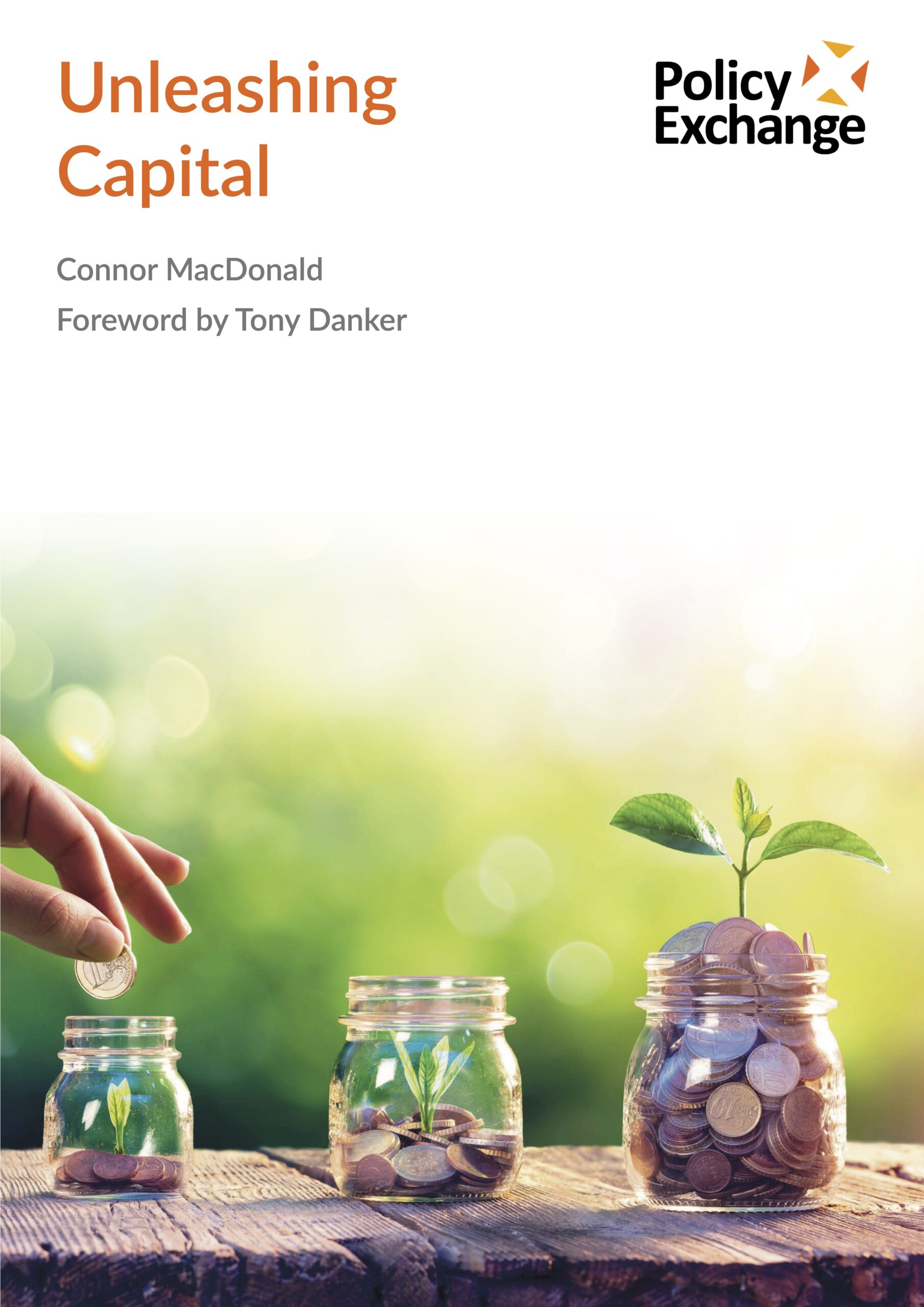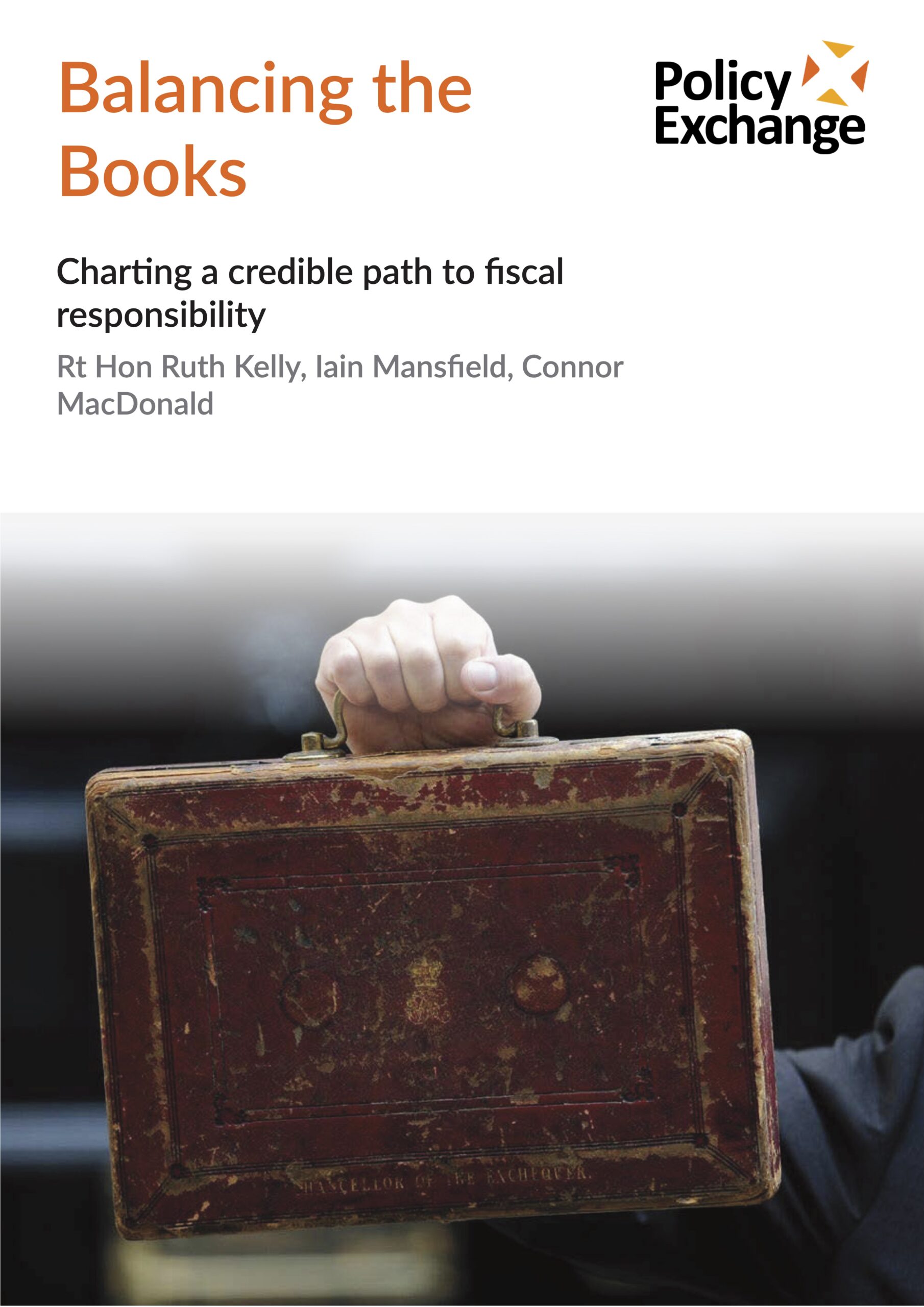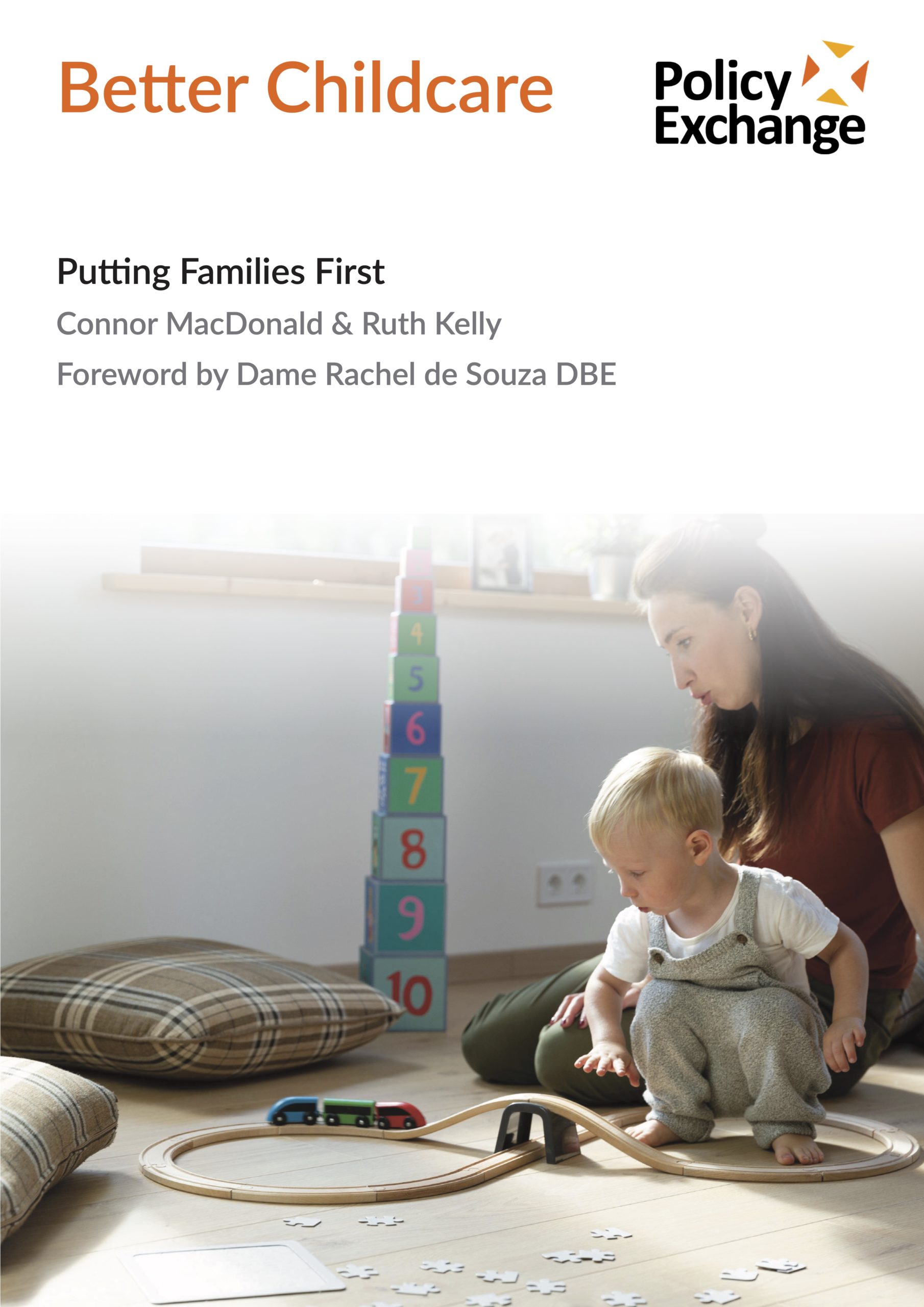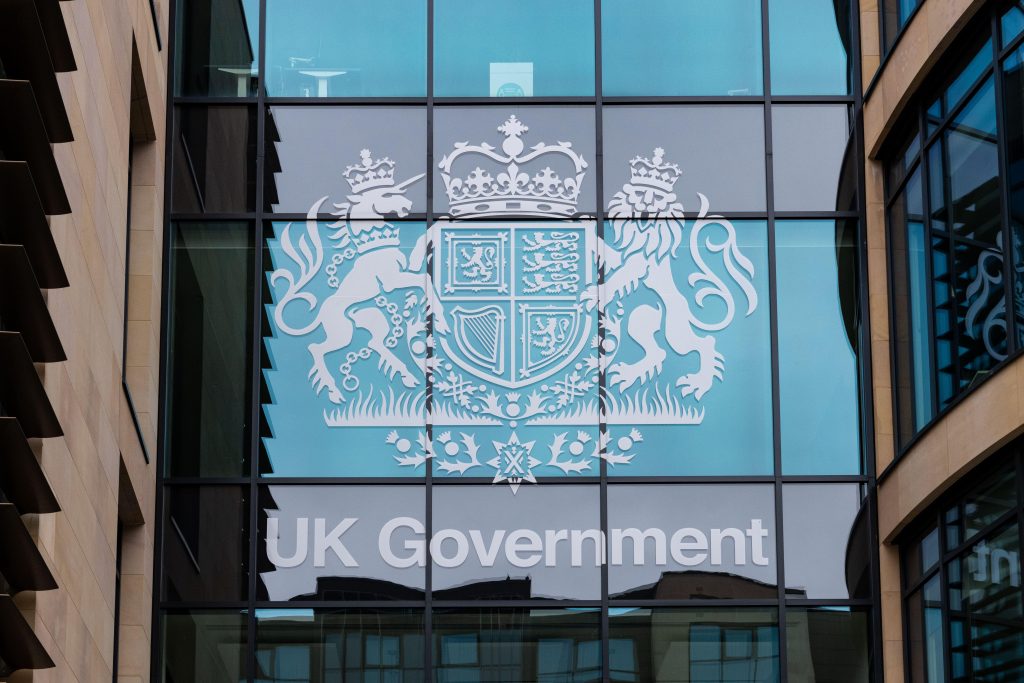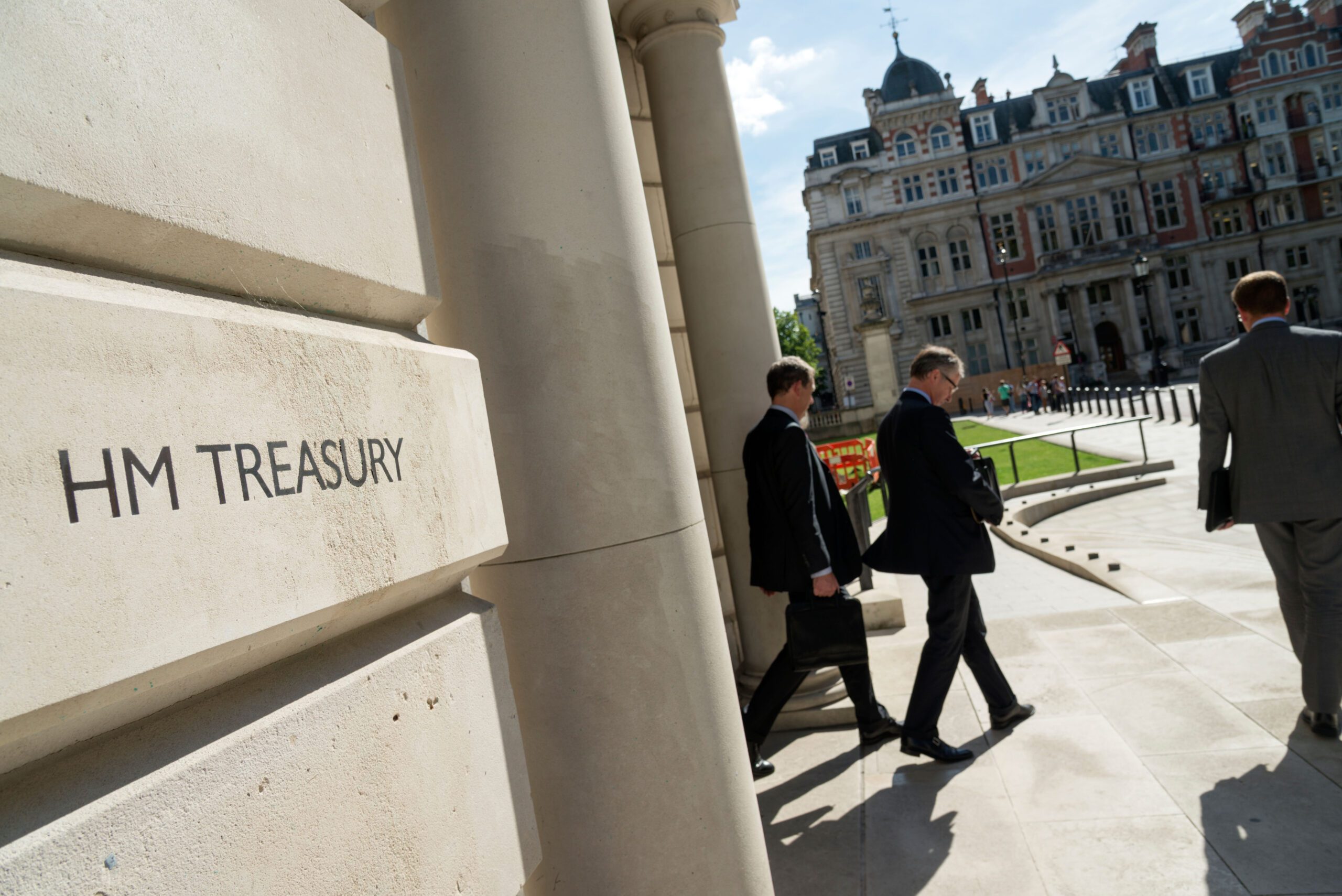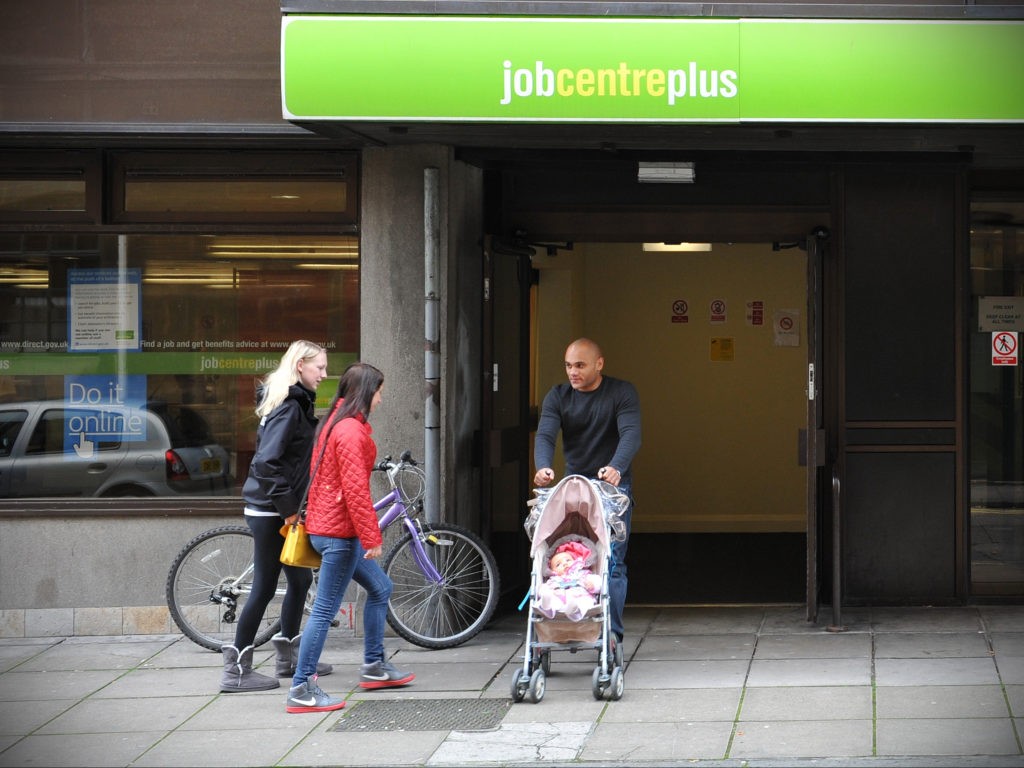Connor MacDonald
Head of Economics and Social Policy (2022-2023)
Connor MacDonald lead Policy Exchange’s research efforts in economic and social policy, with a particular focus on levelling up, devolution, and the drivers of economic growth. He was a Blyth Cambridge Trust Scholar at the University of Cambridge, and prior to joining Policy Exchange he was Chief of Staff to a member of Parliament.
Download Publication Online Reader ‘Turning it On & Off: A New Plan for Household Energy Bills’, delivers a clear and comprehensive programme for delivering on the Chancellor’s goal of a new approach to energy bills that costs taxpayers significantly less while incentivising energy efficiency and ensuring enough support for those in need. The previous Prime Minister’s scheme to cap all household energy bills for two years will be cut from […]
Download Publication Online Reader UK pensions invest less in alternative assets than any other P7 economy and UK insurers are less invested in real estate, private equity, infrastructure and other alternatives than many of its global counterparts. This is despite the fact that the UK’s pension assets are the second largest in the world, and UK insurance investments are the second largest in Europe. UK pensions invest less […]
Download Publication Online Reader In a new, wide-ranging, paper, Policy Exchange makes the case that Government should adopt a three-part approach to restoring the public finances: saving up to £25bn annually. This should involve a significant retrenchment on the energy plan, including a new windfall tax; efficiency savings in public spending; and radical supply-side measures to stimulate growth, including in housing and childcare. This must be embedded within […]
Download Publication Online Reader Addressing the nationwide energy crisis will be the new Prime Minister’s first and foremost priority. With the new October energy price cap rising to £3,549, and the cap projected to rise to over £5,000 next year, the government is facing growing demands for another round of universal benefits and a freeze on bills. However, in the headwinds of intense inflationary pressures, these measures would further erode […]
Download Publication Online Reader Childcare costs in the United Kingdom are some of the highest in the developed world, and they have been persistently so. This is a major factor driving cost of living pressures, and has a variety of deleterious consequences. A new report by Policy Exchange argues that the Government should take steps to reform the childcare market. A new paper Better Childcare: Putting Families First proposes ways to expand […]
Thatcher’s dream of a property-owning democracy was probably one of the most radical ideas of her time in office. Houses and shares were made available to vast swathes of the population, and people gained a stake in their society. Thatcher’s revolution, however, never quite made it to British pensions. This week the Government has taken steps to change this – and those steps should be welcomed. Today, UK pensions, are […]
The Government has announced a sweeping set of financial sector reforms. There were many bold ideas, but we should be particularly heartened that the Government will be taking pensions, and pension investment, seriously. The UK pension industry is sometimes seen as the financial sector’s most boring member, and so it is not entirely surprising that the Governments pledges in the Edinburgh Reforms were mentioned as an afterthought. This is unfortunate, […]
No news from the markets was the best news out of the Autumn statement yesterday. 10 year gilts rose by 5 basis points, and the pound barely fell, mostly reflecting both the dollar’s strength and the fact that the UK is now in recession. All the actual news is pretty dire. Living standards are set to fall by 7.1%. The tax burden is set to rise by 4.1% between 2019 […]
This week, both the Federal Reserve (Fed) and the Bank of England (BoE) raised their rates. The Fed has now raised rates six times in a row, the fastest increase since the 1980s, and the benchmark lending rate now sits at 3.75-4%. For its part, the Bank of England announced its eight successive increase, a 0.75% rise – the largest increase since 1989 – to 3%. You would be forgiven […]
Judging by the response yesterday, much of Westminster was surprised at the scale and design of the Chancellor’s cost-of-living support intervention. In political terms, the initial signs are that the Chancellor got it right. £15 billion was announced yesterday, on top of the £22 billion announced in January, meaning the total cost-of-living intervention amounts to £37 billion, an extraordinary intervention amounting to about 1.6% of GDP. Moreover, after suffering weeks […]
The Queen’s Speech included a major Levelling Up and Regeneration Bill, which was introduced in the Commons this week. The Bill covers a huge range of policy space, similar to the Levelling Up White Paper tabled in February. In fact, many of the proposals are those put forward in the White Paper. For example, there will be a requirement for the Government to release annual reports on the Levelling Up […]
The Conservatives look set to have their worst result in London since its current boroughs were created in 1964, and it is now the first time the Conservatives have only controlled one council in central London. What had once been a major urban area relatively immune to complete Labour dominance looks set to join Manchester, Birmingham, Liverpool and Newcastle in having little, or no, Conservative representation. Some bright spots for […]
“We are inflicting devastating economic pain”. That’s how the Foreign Secretary introduced the UK’s sanction package last week. On Monday this week, the Chairwoman of the Bank of Russia, Elvia Nabiullina – a woman famous for sending coded messages about the economy by her choice of dress and brooch – appeared in full black to announce a more than doubling of the interest rate, from 9.5 percent to 20 percent. […]
Rishi Sunak’s Mais Lecture last week was filled with references to all the people one might expect from a Conservative Chancellor. From Adam Smith to Thatcher, it was a who’s who of free-market luminaries. But by far the most interesting namecheck was for one of Rishi’s professors when he was at Business School in Stanford: the Nobel Prize-winning economist Paul Romer. Romer’s influence is shot through the speech, right down […]
Winston Churchill used to say that there are lies, damned lies and statistics. His adage could well apply to the GDP statistics released today, which, depending on which number you choose, tell conflicting stories. The headline GDP number is strong, with the UK economy posting a 7.5 percent growth rate to December, the fastest since ONS records began. It also outstrips other G7 economies. This on its face may sound […]
The Treasury is often stuck in two minds: that of the bank manager, and that of the venture capitalist. To put it another way, the Treasury is torn between an impulse to tighten the belt and an impulse to spend money on initiatives that lead to growth. Former Financial Secretary to the Treasury Rt Hon Jesse Norman MP pointed this out this week at an excellent Policy Exchange discussion on Levelling […]
The UK is the most regionally unequal country in the OECD save Ireland and Slovakia. That is the policy context under which the Levelling Up White Paper has been published and provides the backdrop for the missions outlined in the White Paper, to be delivered by 2030. The missions bearing formally on the economics space are By 2030, pay, employment and productivity will have risen in every area of the UK, […]
The British labour market is one of the most flexible in the world, and this is a major economic asset. As a Policy Exchange report noted at the height of the pandemic, the British labour market withstood that shock remarkably well, and indeed labour’s share of national income has been stable over the last two decades while it has shrunk in many of our peer economies. However, like many other advanced economies, […]
In the view of many, Rachel Reeves has given Labour a newfound economic credibility. This is helped not only by Reeves’ economic credentials as a former Bank of England economist, but by the fact that the bar she needed to clear was a rather low one. In any case, though, the depth of the economic thinking behind her speech last week should be welcomed. For one, she was right to […]


